Internal Family Systems Therapy (IFS) provides a revolutionary treatment plan for PTSD, anxiety, depression, substance abuse, eating disorders and more.
Using a non-pathologizing, accelerated approach — rooted in neuroscience — IFS applies inner resources and self-compassion for healing emotional wounding at its core. This new manual offers straight-forward explanations and illustrates a wide variety of applications. Easy to read and highly practical.
– Step-by-step techniques
– Annotated case examples
– Unique meditations
– Downloadable exercises, worksheets
IFS is Evidence-Based
Thirty years ago, IFS creator Richard Schwartz, PhD, listened to his clients describing the behaviors and fears of their most extreme parts. he found that the inner world of all his clients was characterized by parts who have a positive intent for the client but had taken on extreme roles in an effort to be safe. He also discovered that these extreme parts would become less disruptive and more cooperative once their concerns were addressed and they felt safer.
IFS views psychic multiplicity as the norm: we all have parts. In addition, every part has a good intention for the client, and every part has value. When clients listen to all their parts, they can heal their wounded parts.
Today, IFS, which has established a legacy of efficiency and effectiveness in treating many mental health issues, is being heralded by Dr. Bessel van der Kolk as a treatment that all clinicians should know.

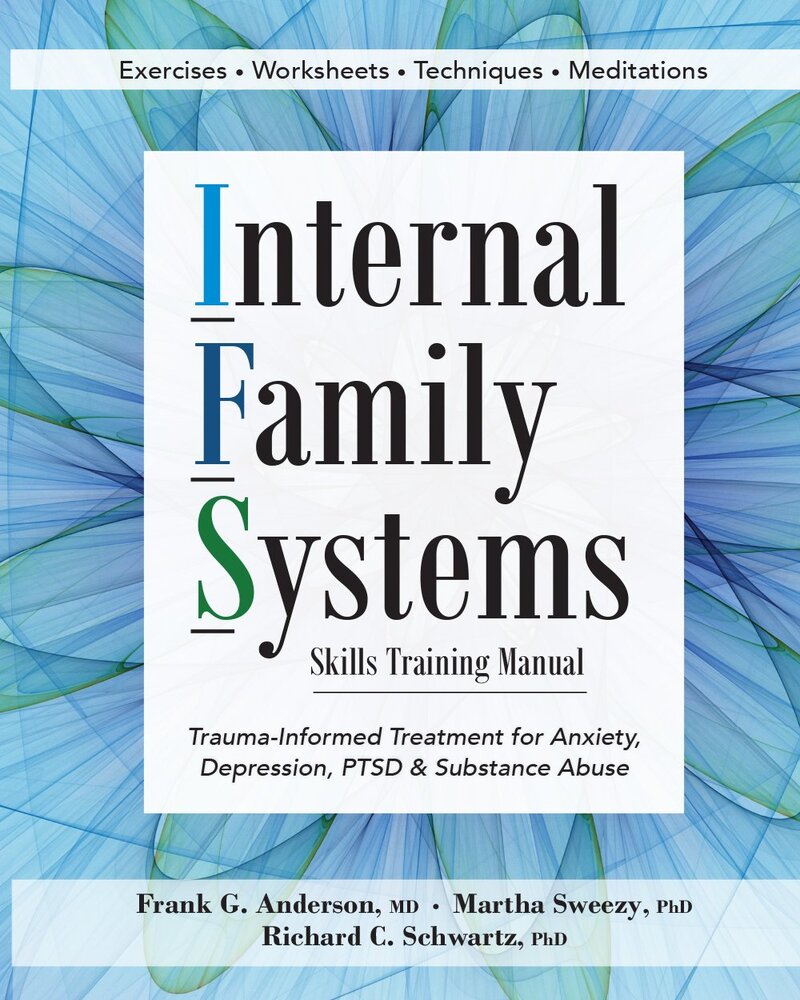
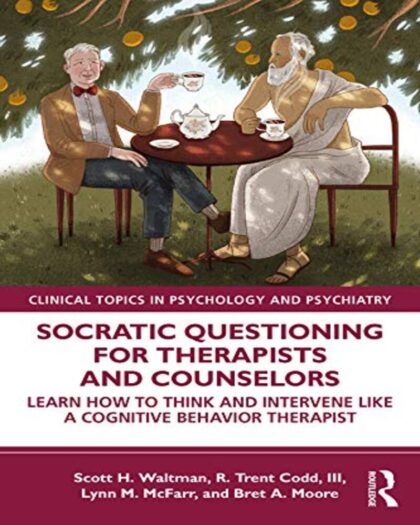
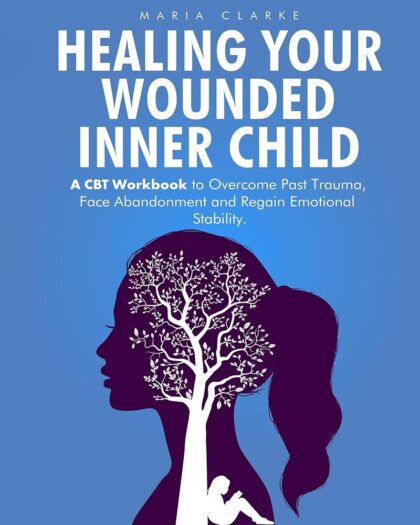
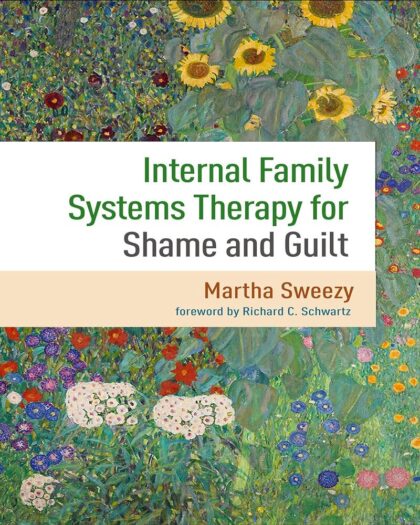
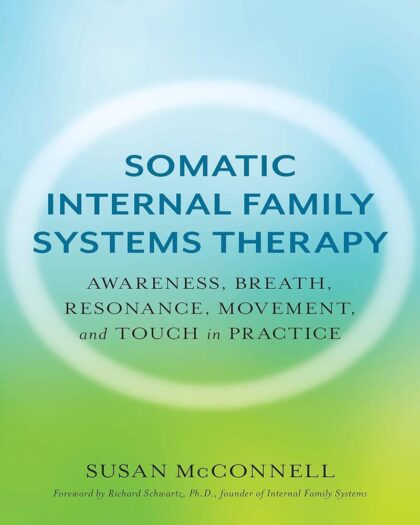
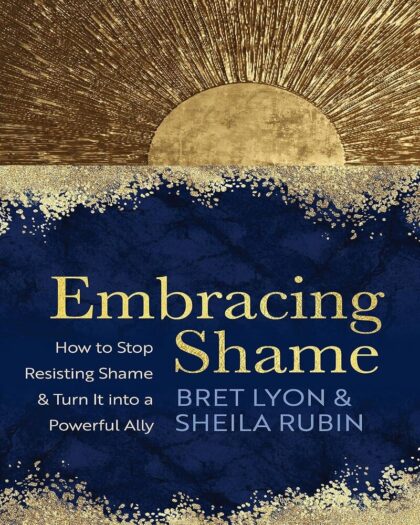
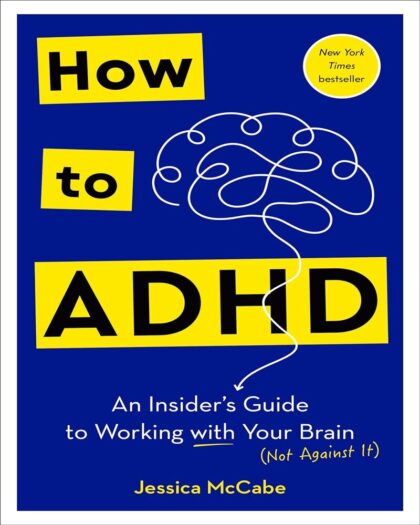
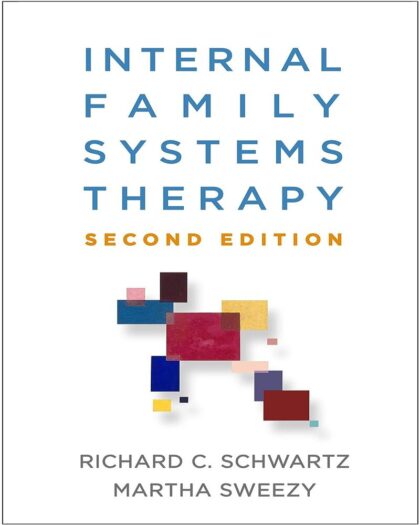
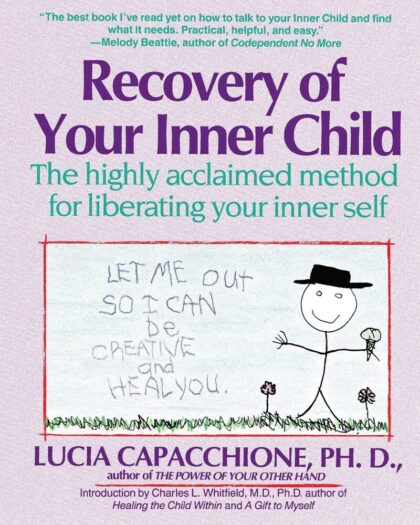
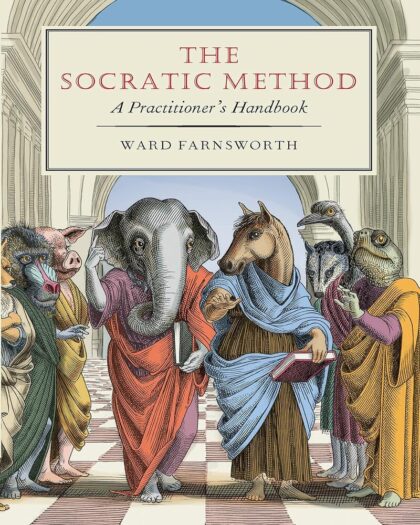
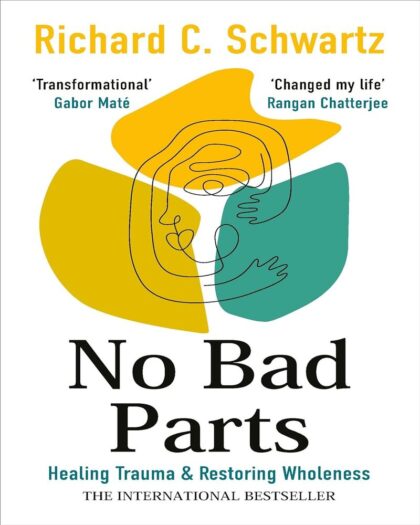
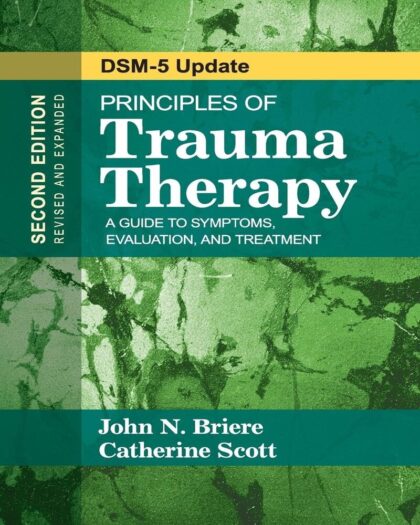
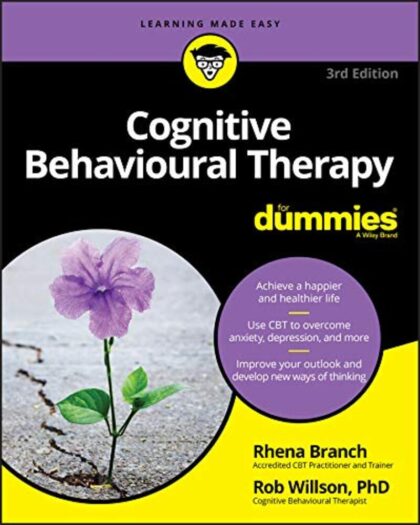
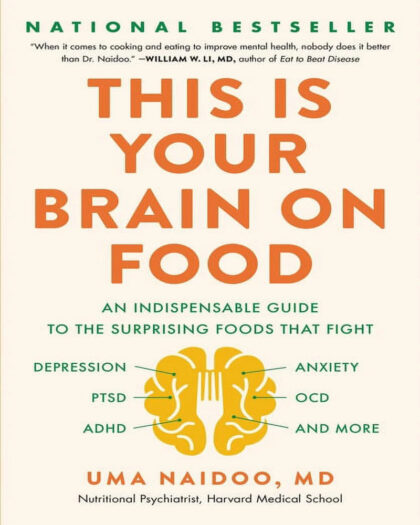
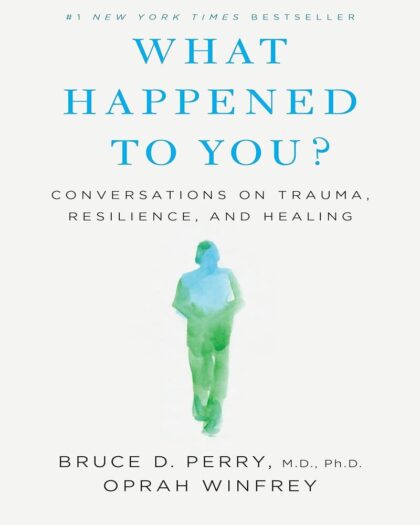
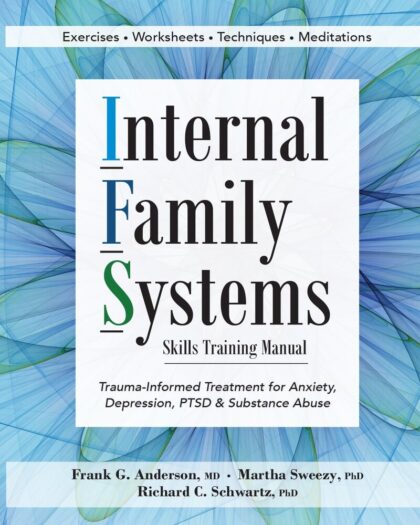
Richard Schwartz, in “Internal Family Systems Therapy” and “No Bad Parts”, introduces a comprehensible topography of our inner psyches (including both our constructively productive and also our disruptively less-than-productive ‘parts’). IFST is a very practical process for “healing our trauma” and “restoring our wholeness.” In contrast to many other therapies (that confront our experienced challenges as pathologies), IFST emphasizes how “all” of our parts have helpful intentions … even those ‘parts’ that may be currently mis-guided.
Schwartz presents the IFST theory and therapy in layman’s language and applies it to everyday situations with which most of us can readily identify. Even we non-therapists can understand and appreciate the IFST model and practical applications. Whether you’re a relatively functional individual who effectively manages your inner ‘burdens’ or an individual often overcome by apparently uncontrollable ‘burdens’, Schwartz’s IFST can be helpful for you.
Strongly recommended for individuals journeying toward finding and feeling their greater wholeness!
Five Stars.
For working counselors-therapists, this book, arranged more like a workbook and college handouts, with case studies highlighting points, covers more topics, more efficiently.
Kudos to Frank Anderson and all co-authors. Frank also teaches live classes and has CEU-worthy videos.
The authors provide contact information for each IFS therapist who has written about a particular topic so that the reader has access to experts on a multitude of topics including eating disorders, alcohol and drugs, pornography, creativity, health coaching and more.
This is a gem of a book!